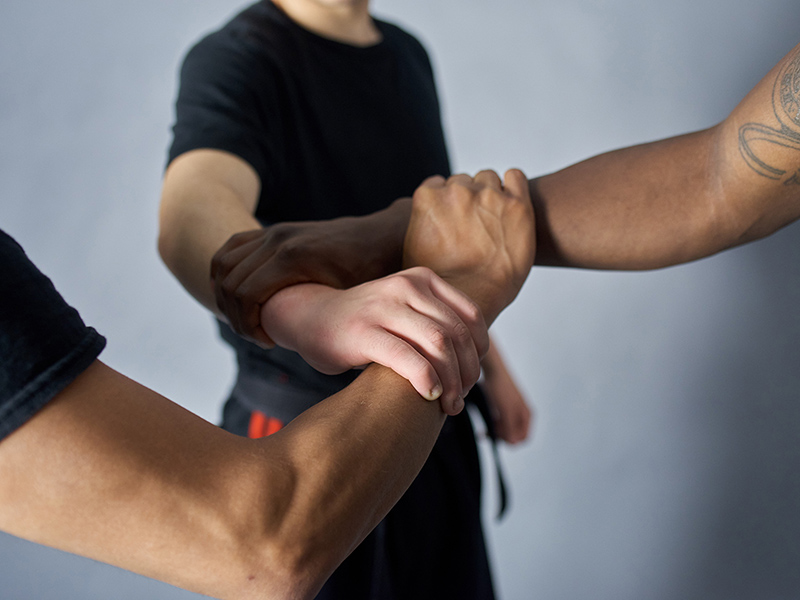Looking After Your Bones
Thursday 29 June 2023
Bones often get neglected when we're thinking about health. They're somewhat regarded like the steel structure of a building, simply there, unchanging, holding everything together. But nothing could be further from the truth. They are, like the rest of us, part of a living organism that's constantly changing, renewing its cells, and sensitive to our behaviours. How we treat our bones will make a difference over time to what is known as 'bone density' - in layman's terms, how strong and solid they are. As we get older, low bone density can lead to brittle bones that break easily if we fall over, osteoporosis, and even contribute to the development of dementia (Erasmus University Medical Centre, Rotterdam). So here are some simple tips in caring for your bones.
They respond to exercise, like muscles do. When we exercise, we put healthy pressure on our muscles. They respond by increasing their strength, to deal with that extra pressure. That's why you look more 'toned' as a consequence of regular exercise. But hidden inside your body, your bones have a similar, positive response. They particularly like the actions of kicking and punching, from activities like kickboxing. In short, your skeleton doesn't enjoy too much sitting around. It likes sleep, as does the rest of your body, because that's when all the rejuvenation occurs - 'recharging your batteries'. But in your waking hours, your bones enjoy activity, whether it's pounding the ground with your walking steps, or pounding someone else when you're sparring.

They need feeding. Bone foods are important, and two of the most effective are Calcium and Vitamin D. Now, Meiji aren't doctors, and so we steer away from recommending pills. In any case, supplements are often only necessary because of not having enough natural versions. You'll find Calcium in dairy products, nuts, pulses and leafy greens. Ask yourself honestly, do you get enough of those every day? And Vitamin D? Its most natural source is sunlight. Again, honest question - are you out in the open as much as you could be? Catch the sun whenever you can. It's the source of all life, and it beams Vitamin D into your body if it gets the chance. Your bones love it.
Consider your eating habits. You may know the old saying: 'Breakfast like a king, lunch like a prince, dine like a pauper'. It has great wisdom. Breakfast is the king of meals, your body's most important meal of the day. It is literally 'breaking your fast' after a night's sleep, putting fuel back into your tank, starting up your engine. 'Eat a hearty breakfast', as they say. Lunching like a prince means taking the time to enjoy lots of food. The French are particularly good at this, having long lunch breaks and combining the meal with some good company. Which brings us to dinner. You can guess what 'dining like a pauper' means. Nothing. Or maybe a slice of bread, or a dry biscuit. This can be quite difficult for us, because much of our culture in the West is directed towards the evening meal. But fasting after around 4pm is shown to benefit the gut and the digestive process, so 'the machine' isn't still busy inside us when bedtime comes. And that seems to positively affect bones (Nottingham Trent University). It certainly makes you ready and enthusiastic for breakfast the following morning!
